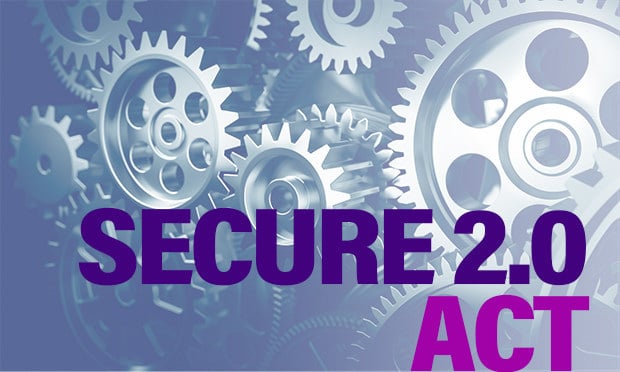Debt-to-asset ratios tend to look similar for younger U.S. households whether or not the households have any retirement plan assets.
For older households, lack of retirement plan assets correlates with terrible debt-to-asset ratios.
Craig Copeland, an analyst at the Washington-based Employee Benefit Retirement Institute, has published data on U.S. households' debt-to-asset ratios in a new report on the correlation between households retirement savings and their debt loads.
Copeland used 2013 Census Bureau data. His tables can show whether people with retirement savings have debt, but not whether debt problems drained savings, savings problems led to high debt levels, or low income or other factors caused both high debt levels and low retirement savings rates.
One of his charts does that suggest that a dramatic fork in the financial road appears when workers are somewhere between the ages of 45 and 54.
Copeland prepared that chart by comparing debt-to-asset ratios for families with working household heads ages 25 to 64.
He compared the debt-to-asset ratios for families in different age groups, and he compared those with some retirement plan assets and those with no retirement plan assets.
Families with working heads ages 25 to 44 had debt-to-asset ratios somewhere around 40% to 50% whether they had retirement plan assets or not.
The financial road began to fork for families with heads ages 45 to 54.
The average debt-to-asset ratio was just 27% for families with retirement plan assets, and 35% for families with no retirement plan assets.
For families with heads ages 55 to 64, the fork turned into a canyon.
The average debt-to-ratio was less than 14% for families with heads in that age group and some retirement plan assets, and 34% for families with no retirement plan assets.
Copeland also found that typical Americans will be depending on just four classes of assets to get themselves through retirement.
"Home equity tends to account for the largest share of financial assets," Copeland writes.
Individual retirement plan assets and home equity account for just about all of what typical families have for retirement, aside from Social Security benefits and defined benefit pension plan benefits, he writes.
Complete your profile to continue reading and get FREE access to BenefitsPRO, part of your ALM digital membership.
Your access to unlimited BenefitsPRO content isn’t changing.
Once you are an ALM digital member, you’ll receive:
- Breaking benefits news and analysis, on-site and via our newsletters and custom alerts
- Educational webcasts, white papers, and ebooks from industry thought leaders
- Critical converage of the property casualty insurance and financial advisory markets on our other ALM sites, PropertyCasualty360 and ThinkAdvisor
Already have an account? Sign In Now
© 2025 ALM Global, LLC, All Rights Reserved. Request academic re-use from www.copyright.com. All other uses, submit a request to [email protected]. For more information visit Asset & Logo Licensing.








